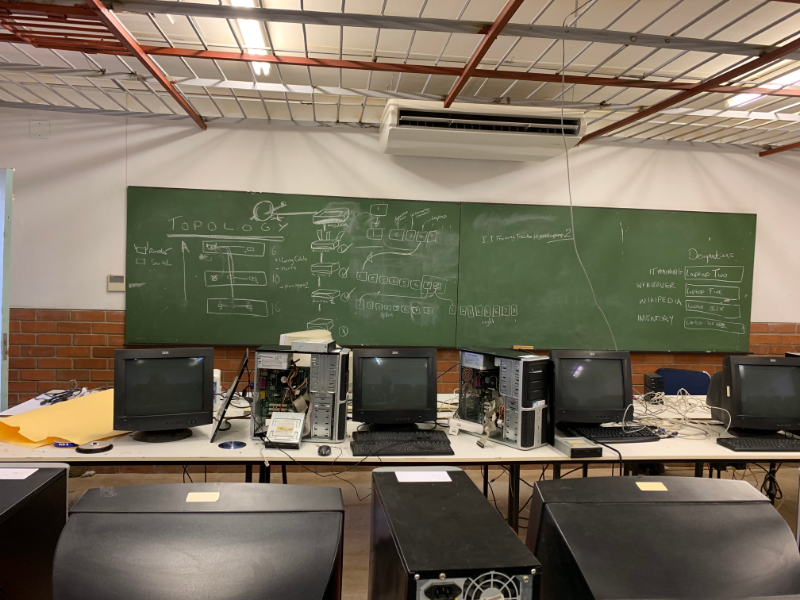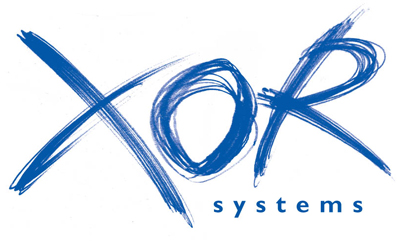UWE Project Zulu 15-09-2019

Luke has spent a month in South Africa, in the KZN province teaching IT and building upon existing infrastructure for underfunded schools.
"There were over 55 students and staff from UWE Bristol - working on 10 school development projects across 2 township communities.
Groups ranging from Teachers, Film Crew, Engineers, IT to Medical students all had a variety of projects and tasks to attend to such as building clean, filtered water collection tanks, installing overhead projectors etc.
I lived with a host family for 4 weeks in KwaZulu Natal, the province with the largest concentration of Zulu's in South Africa.
There were five schools in total, though primarily our team was based at Umcebowolwazi Primary School. There we built 40+ computers, deployed appropriate software, sourced network infrastructure and began daily teaching sessions for Teachers so that they have the skills to educate their students using IT.

Throughout the 4 weeks I was there, we had a lot of difficulty acquiring parts and software, things we take for granted back home. Therefore, we were encouraged to think out of the box solutions, for example we needed to run a 20m CAT5 (Ethernet) cable from one courtyard to the other, but it needed to be weatherproof and safe from kids trying to pull on it. We came up with the solution to feed it into disused hosepipe. Not only would it make it rigid enough not to droop in reach of the children, but it also shielded it from the intense sunlight and any adverse weather that may have otherwise corroded it.
I also got used to driving upwards of an hour each way to remote locations to buy equipment we needed. Everything tech related is harder to come by and more expensive, so with a limited budget we had to plan carefully and do our research as best we could before we spent any of the raised funds. A generic USB keyboard, for example, cost upward of £20!

UWE partners with these schools not only to provide expertise and funding, but as a learning experience for volunteers. Teaching with limited resources and facing language barriers, they learn to adapt their techniques, thinking on their feet and honing their professional judgement.
If you'd like to learn more about the charity and the work that they do, check out Project Zulu
